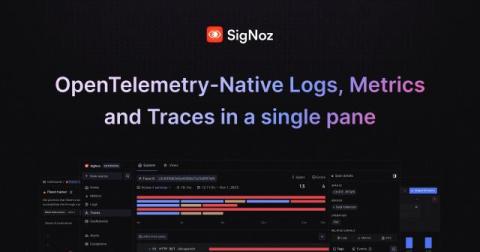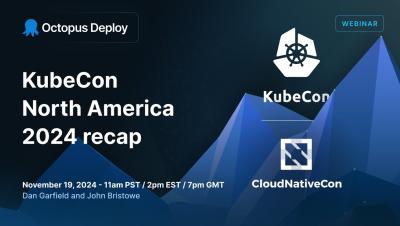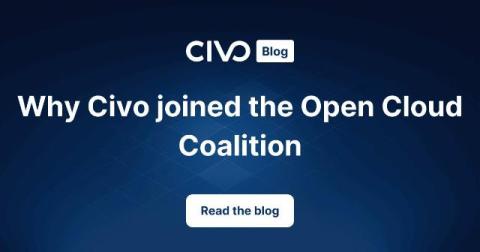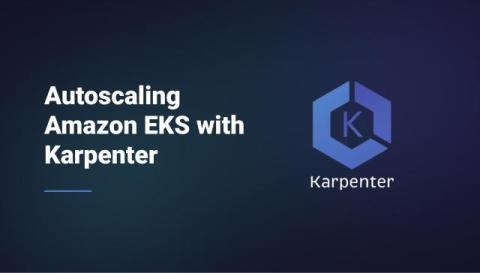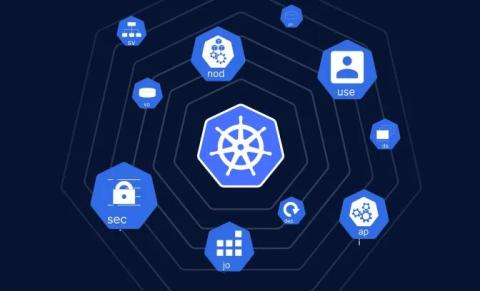Rich Logs Collector for Docker Compose Services with SigNoz
Our production services run on a Linux machine using Docker Compose, keeping our infrastructure simple and manageable. Docker Compose allows us to easily define and manage multi-container applications, providing a straightforward way to orchestrate services, which helps reduce complexity in our infrastructure. Recently, we decided to switch to SigNoz to gain more flexibility and control over our observability stack. Following the SigNoz setup guide, we used logspout to collect and forward logs.


